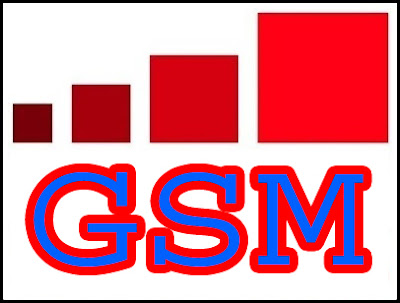Global System for Mobile Communications (Global System for Mobile Communications), namely GSM, is currently the most widely used mobile phone standard. Worldwide more than 200 countries and regions more than 1 billion people are using GSM phone. Widely used GSM standard makes between mobile phone operators sign international roaming user's "roaming agreement" become commonplace. GSM compared to its previous standard biggest difference is his signaling and speech channels are digital, and thus GSM is considered a second generation (2G) mobile phone system. GSM standard is currently used by 3GPP organization responsible for the development and maintenance.
From the user point of view, the main advantage is that the new GSM choose to provide a higher digital voice quality and low-cost alternative to the call (eg SMS). From the network operator point of view, the advantage is the ability to deploy equipment from different vendors, because GSM as an open standard provides easier interoperability. Moreover, the standard allows network operators to provide roaming services, users can use their mobile phones in the world of.
In the development of the GSM standard (such as packet data capabilities in Release '97 version of the standard was joined by GPRS), maintain backward compatibility with the original GSM phones. Higher speed data transmission with EDGE introduced in Release '99 version of the standard.
